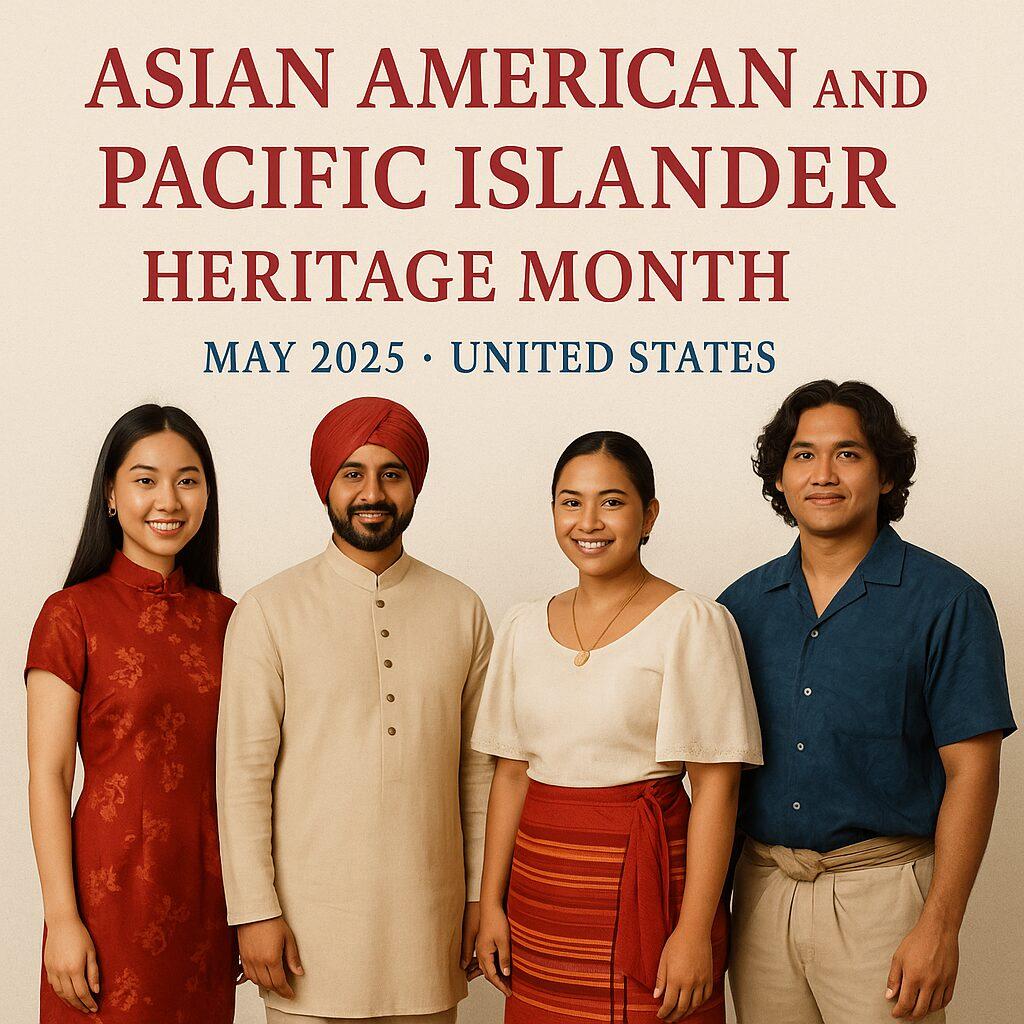LOS ANGELES – When the so-called ‘Gang of Eight’ Senators unveiled their proposed immigration reform bill, mainstream media and netizens were abuzz with reactions and statements. A host of immigration advocates, policymakers and think tanks gave their feedback on its provisions.
While some of these groups are still in the process of doing a thorough review of the 844-page bill (which was released Tuesday night but formally unveiled on Thursday), many have already expressed mixed reactions to the development.
Many have expressed positive reactions for this significant step towards reforming the broken US immigration system.
“We think it’s a step forward because there has been no bill for years and years, but there’s a lot of things that have to be improved to benefit our community,” said Asian Pacific American Legal Center Executive Director Stewart Kwoh during a press conference at the APALC community hall in Los Angeles on Wednesday.
Representative Judy Chu (D-Calif.) said that the proposal is a substantive first step toward effecting real change. She called it ‘the best chance in a generation to help aspiring Americans fulfill their dreams’ of becoming citizens.
“I commend the Gang of Eight for welcoming my views throughout this process,” Chu said in a press statement. Chu said that a bill she had authored – the POWER Act – was included in the proposal of the ‘Gang of Eight’ and that her provisions would protect immigrant workers from abusive employers.
According to Chu, other “promising components” of the bill include provisions on high-skilled workers, a pathway to citizenship, and a solution for DREAMers.
Weakened family-based immigration
However, Chu also raised her concerns over provisions that would potentially weaken family-based immigration.
“This package is weakened by the fact that it eliminates sibling-based visas. Equally concerning is the exclusion of the LGBT community from all family reunification provisions within the bill,” Chu said in the same statement.
At the same press conference, coalition of Asian American and Pacific Islanders (AAPI) organizations (dubbed Asian Pacific Islanders For Immigrant Rights and Empowerment or API FIRE), emphasized on how the immigration bill would impact AAPI communities.
Though still in the process of analyzing the bill in its entirety, API FIRE echoed some of the concerns raised by Rep. Chu: provisions which eliminate the sibling visa category and limitations on petitioning married adult children (those who are 31 and older can no longer be petitioned.)
“This will dramatically restrict families from reuniting with certain loved ones,” API FIRE said in a press statement.
“Also disappointing is the proposal’s failure to include LGBT couples in the family-based immigration system.”
Kwoh also noted that while the APALC is “encouraged” that an immigration reform bill has been introduced, he emphasized the importance of family-based immigration.
He said that immigrants succeed in the US because of their families: they start businesses together, raise their families, set down roots, and prosper together as a family.
In a press statement, Kwoh said that eliminating the ability of US citizens to sponsor their siblings and married children 31 years of age and older runs against family values, which he cites as the cornerstone of America.
Exclusion of LGBT and Filvets
AAJC President and Executive Director Mee Moua, who called the proposed bill as “a step in the right direction,” pointed out how the proposal excludes LGBT couples and Filipino World War II veterans from sponsoring their loved ones for family reunification.
By not recognizing permanent partners and LGBT couples in the family definition, the bill would perpetuate discrimination and prevent these families from reuniting with their loved ones, Moua said in a teleconference hosted by the National Council of Asian Pacific Americans on Thursday.
“Reform must be inclusive and should not discriminate based on race, gender, or sexual orientation,” Moua said.
Moua also noted that that the bill does not include a provision for WWII Filvets, who have had to choose between receiving their veterans’ benefits or being with their families.
“Filipino-American World War II veterans have waited long enough for benefits and should not have to wait a day longer for family members,” she said.
Thirteen-year wait and E-Verify
Speaking on behalf of Thai Community Development Center (Thai CDC) Executive Director Chanchanit Martorell, Thai CDC Staff Attorney Panida Rzonca said that while Thai CDC welcomes the path to legalization presented by the ‘Gang of Eight’s’ bill, the organization also notes that the 10-year waiting period to obtain permanent residency is excessively protracted and burdensome.
“There is no clear reason for this prerequisite other than the likely reason of providing ICE (Immigration and Customs Enforcement) with sufficient opportunity to repeal provisional legal status and deport waiting applicants,” Rzonca said.
“We also suspect that the 13-year path to citizenship is intended to prevent immigrants from voting in upcoming national elections and having a political voice in this country,” Rzonca added.
In a press statement, Alex Montances of Filipino Migrant Center (FMC) also aired a similar comment on the bill — that it is the first step towards comprehensive immigration reform.
However, Montances and FMC also had some bones to pick with the Gang of Eight’s bill.
Aside from weakening family reunification, Montances also noted the mandatory implementation of the electronic verification system (or E-Verify), which is a big concern.
The bill requires that the proposed E-Verify system should be set in place, before people can apply for legalization.
“This makes it difficult for undocumented working immigrants to apply for work, and deprives many families [of] their means of survival before they are allowed to apply for the Registered Provisional Immigrant status,” Montances said.





